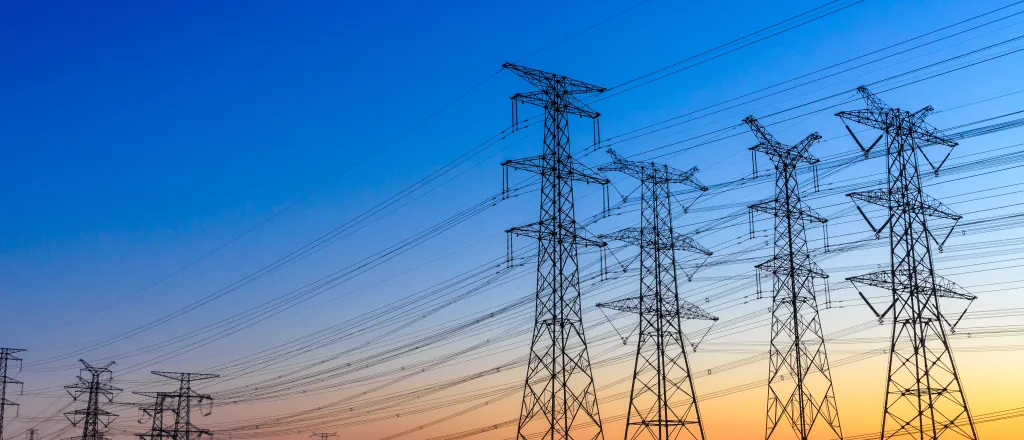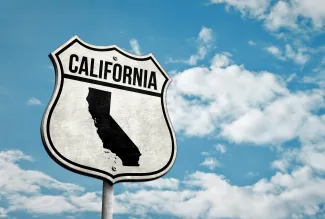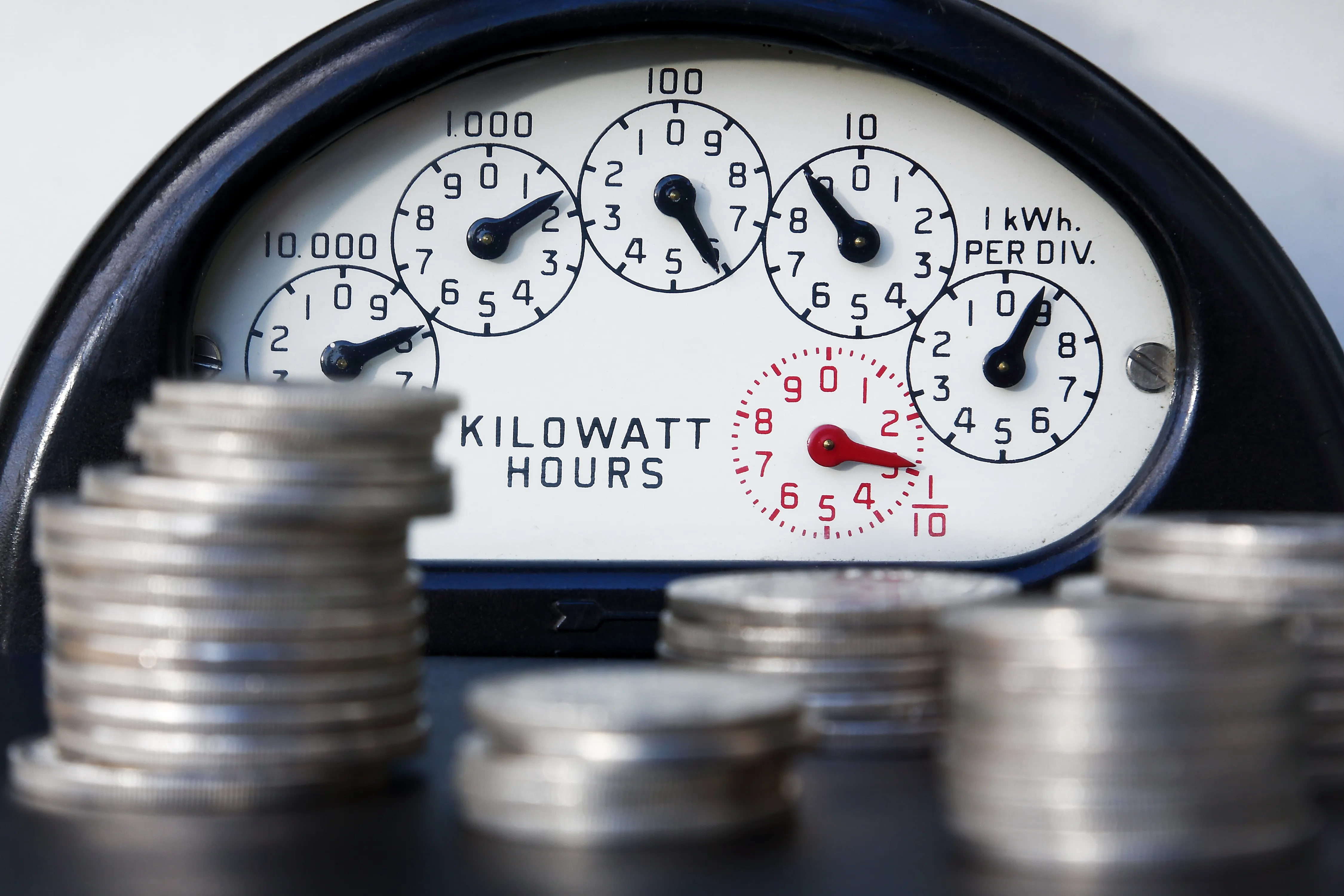
California lawmakers to consider bill promoting 'virtual power plants'
© zhaojiankang - iStock-802436842
Click play to listen to this article.
A bill to promote virtual power plants goes before the California State Assembly Utilities and Energy Committee next week. Virtual power plants are networks of home energy devices like smart thermostats, stationary home batteries, and electric vehicles that can be used as power sources during peak hours, which lowers the amount of power that electric utilities have to provide.
Assemblymember John Harabedian, D-Pasadena, said virtual power plants would reduce the need to build costly transmission lines and polluting natural gas plants.

"This bill, really in utilizing virtual power plants, is about affordability and reliability and sustainability. It's a cost-saving measure, and it's also an easier way to meet demand throughout the state during peak hours," he explained.
At least 300,000 Californians are already getting paid as part of the Demand Side Grid Support program, agreement that allows the utilities to pull power stored in their smart devices' batteries to power their home.
Harabedian said Assembly Bill 740 would direct the California Energy Commission to make plans to expand the use of virtual power plants, following the success of a pilot program.
"It has prevented blackouts. It has delivered over 500 megawatts of capacity, about the same as three gas peaker plants, and has saved millions of dollars already," he continued. "So, the pilot program has been undeniably successful. We just need to scale it."
A recent study found that virtual power plants could save California residents $750 million per year in traditional power system costs. Some are concerned that utilities may earn less money if the programs expand. So far, there is no registered opposition to the bill.

















